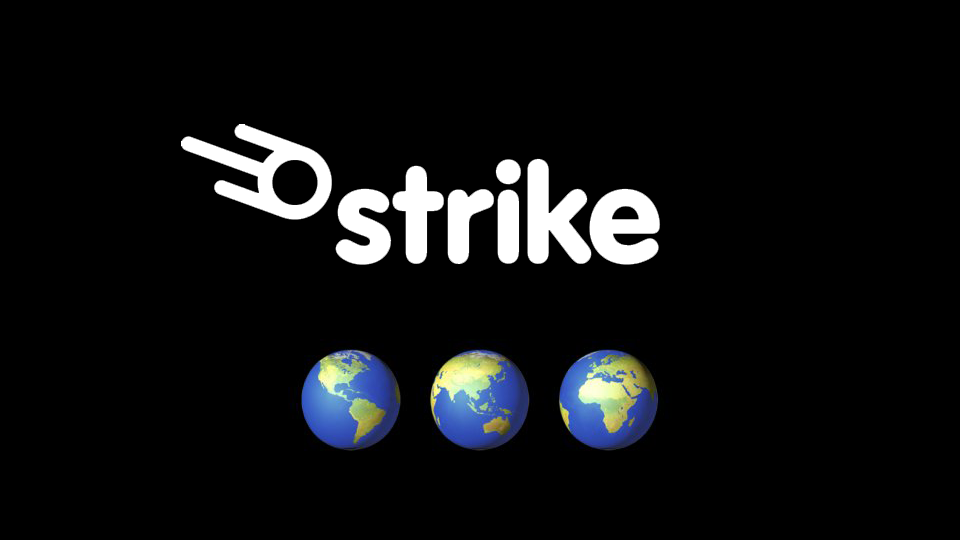In tandem with the relocation of its global headquarters to El Salvador, Strike, a Chicago-based Bitcoin payment provider, expanded its services to 65 countries.
Before its expansion, the app was only available in the United States, El Salvador, and Argentina.
According to Jack Mallers, CEO and founder of Zap, Strike’s parent company, the expansion effort is intended to combat the “clouded world of crypto exchanges, hidden, unregistered licensing regimes, and 1,000 different coins.”
Mallers revealed in an interview with Fortune that the company’s decision to move its headquarters to El Salvador was in response to the growing anti-crypto regulatory sentiments in the United States.
On the one hand, New York regulations prohibit Strike from offering its services in the state. El Salvador, on the other hand, adopted crypto-inclusive regulations to encourage technological innovation in the region.
Mallers discussed El Salvador’s success in establishing Bitcoin as legal tender during the discussion. He believed that merchant adoption “wasn’t what was defining success.”
Instead, he evaluated El Salvador’s Bitcoin adoption success based on other factors, such as tourism growth.
The strike will initially allow users in the new global markets to only receive Bitcoin, but Mallers revealed plans to launch new features, including a debit card, by the end of the year.
For markets outside the United States, Strike will enable Tether payments in U.S. dollars.
“Two years ago, people would have laughed at me for locating our headquarters in El Salvador to launch a product for three billion people, but now Coinbase is battling Gary Gensler,” he said. “Who’s laughing now?” concluded Mallers.
Strike and Bitfinix were among the first crypto companies in El Salvador to obtain operational licenses.
El Salvador’s Digital Asset Service Provider License permits Bitfinex Securities “to facilitate the issuance and secondary trading of assets” with clearly defined rights and responsibilities in the jurisdiction.












